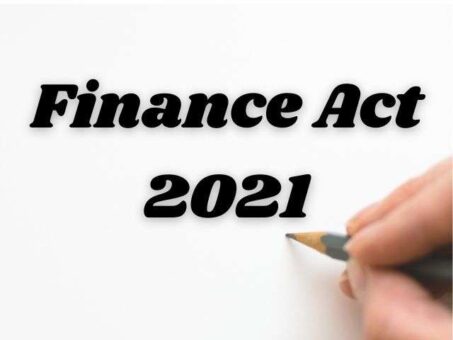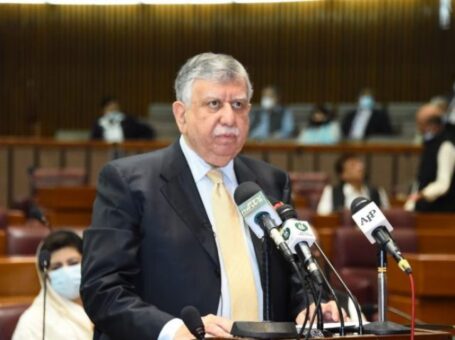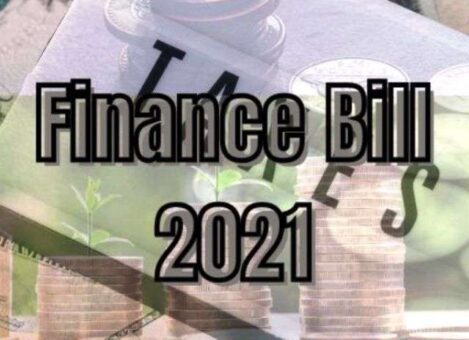ISLAMABAD: Declaring business bank accounts has become mandatory from July 01, 2021 otherwise a monetary penalty would be imposed. However, taxpayers have been given to update their registration profile along with business bank accounts up to September 30, 2021.
According to the Finance Act, 2021 a new definition has been included in the Income Tax Ordinance, 2001 in which business bank account means a bank account utilized by the taxpayer for business transaction declared to the Commissioner through original or modified registration form prescribed under section 181.
A Section 114A has been inserted through the Finance Act, 2021 under which every taxpayer will require to declare to the Commissioner the bank account utilized by the taxpayer for business transactions.
Business bank account shall be declared through original or modified registration form prescribed under section 181.
The Finance Act 2021 further imposed monetary penalty for not declaring the business bank account. Where any person fails to declare business bank account(s), in his registration application or fails to amend his registration profile to declare existing business bank account(s) willfully: Such person shall pay a penalty of Rs. 10,000 for each day of default since the date of submission of application for registration or date of opening of undeclared business bank account whichever is later:
Provided that if penalty worked out as aforesaid is less than Rs.100,000 for each undeclared bank account, such person shall pay a penalty of Rs.100,000 for each undeclared business bank account:
Provided further that this provision shall be applicable from the first day of October, 2021 during which period the taxpayer may update their registration forms.






